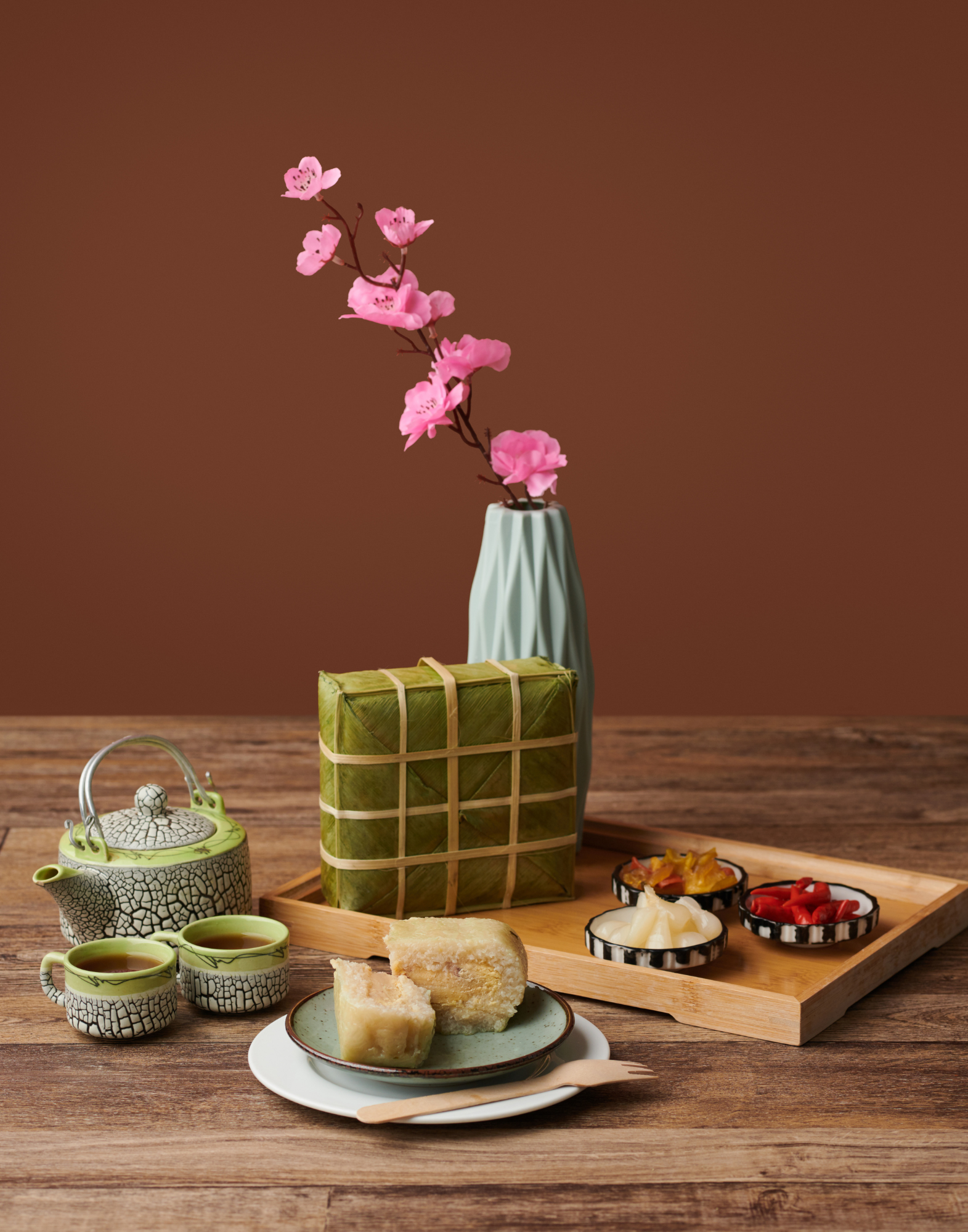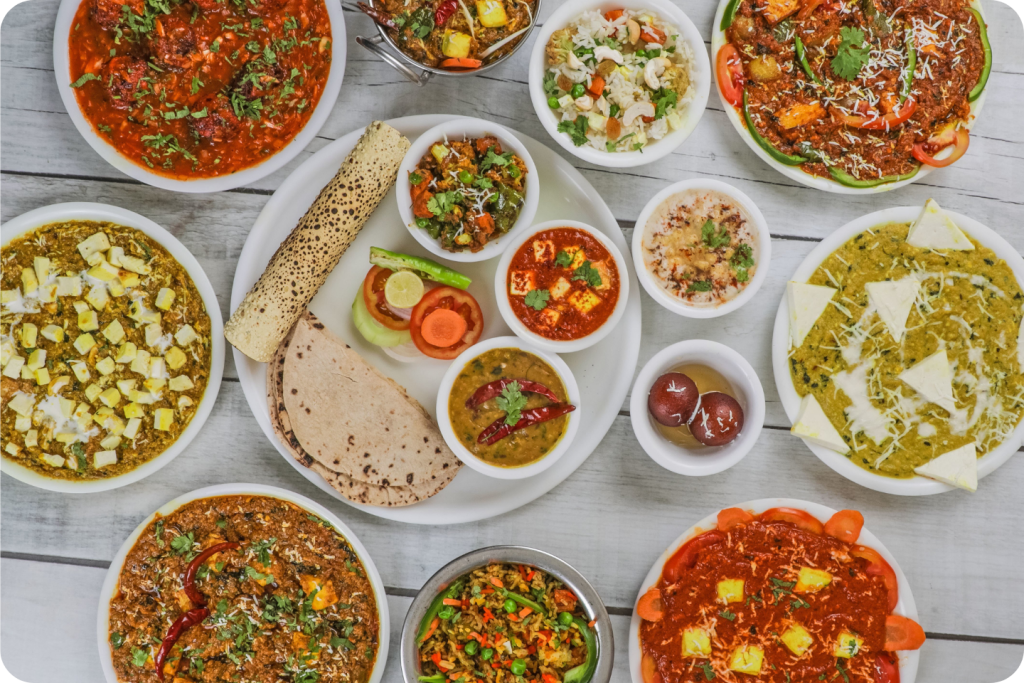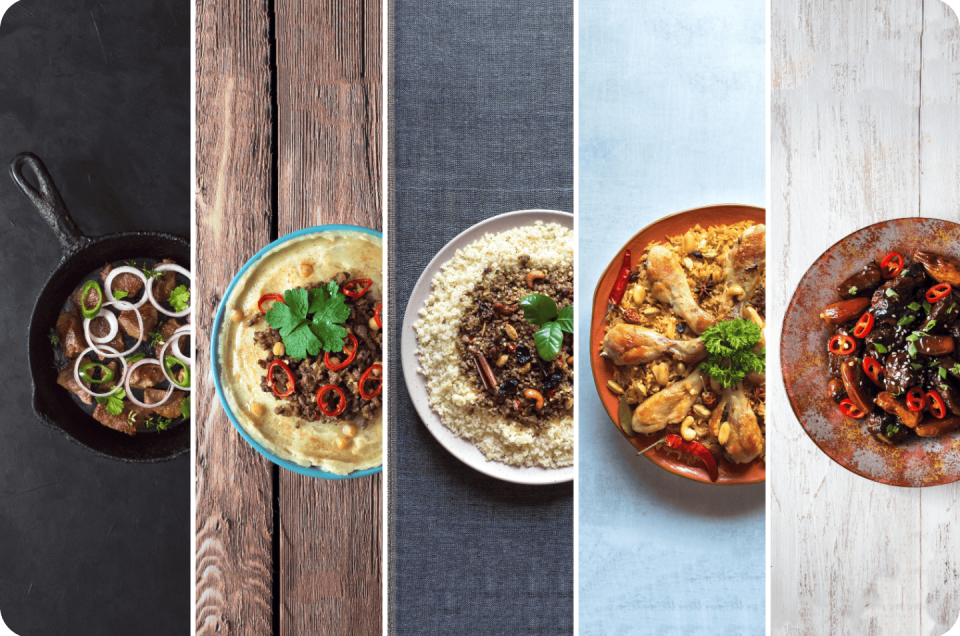
Food is more than just something we eat—it’s a language, a history book, and a bridge between people. From the way a grandmother kneads dough in her tiny Sicilian kitchen to the bustling street vendors grilling skewers in Bangkok, food tells a story. Every bite carries generations of tradition, resilience, and love, making culinary travel one of the most powerful ways to connect with a destination on a deeper level.
If you want to travel not just to see, but to truly experience, learn, and connect, then immersing yourself in a culture’s food scene is the way to do it. Here’s why food is the heart of culture and how culinary travel can transform the way you explore the world.
How Culinary Travel Creates Deeper Connections
1. Food is the Ultimate Storyteller
Every dish has a past. When you taste paella in Valencia, you’re experiencing centuries of Moorish and Spanish influences. When you sip on a rich French bouillabaisse, you’re tasting a dish that started as a humble fisherman’s meal and evolved into a delicacy. Food is a direct link to a nation’s history, trade routes, conquests, and traditions.
🍲 Example: In Vietnam, the famous dish pho was influenced by French colonialism, blending local herbs with a European-style beef broth. Every bowl is a fusion of history.
2. Culinary Travel Creates Unforgettable Experiences
There’s something about hands-on experiences that makes travel more memorable. Sitting in a restaurant is one thing, but learning to roll handmade pasta in an Italian kitchen or roasting fresh cacao beans in Costa Rica takes your trip to the next level.
👩🍳 Ways to Immerse Yourself:
- Take a tortilla-making workshop in Oaxaca, Mexico, and learn why corn is sacred to the culture.
- Forage for wild truffles with expert hunters in the forests of Piedmont, Italy.
- Learn the art of sushi-making from a master chef in Tokyo.
3. Markets & Street Food Reveal a City’s Soul
Markets are the beating heart of any city. They show you what people really eat, how they shop, and what’s in season. Walking through a local market, you’ll hear the sounds of vendors calling out daily specials, smell the spices wafting through the air, and see the vibrant produce that shapes a region’s cuisine.
🏪 Must-Visit Markets for Cultural Food Experiences:
- La Boqueria in Barcelona, Spain – A feast for the senses, filled with jamón ibérico, fresh seafood, and local sweets.
- Tsukiji Outer Market in Tokyo, Japan – The best place to experience fresh sushi and traditional Japanese ingredients.
- Ben Thanh Market in Ho Chi Minh City, Vietnam – Home to the best pho, banh mi, and authentic Vietnamese coffee.
4. Sharing a Meal Fosters Genuine Connections
Some of the best travel memories don’t come from museums or landmarks—they come from conversations over a shared meal. Sitting at a table with locals, hearing their stories, and breaking bread together creates an instant bond.
🌍 Heartwarming Culinary Experiences:
- Enjoy a home-cooked Persian feast with a family in Tehran, learning about the deep hospitality in Iranian culture.
- Join a community meal in India, where sharing food is a sacred act in temples and villages.
- Experience a traditional Bedouin dinner in Jordan, seated on carpets under the desert sky, eating slow-cooked lamb and fresh bread.
5. Food Teaches Us Respect for Tradition & Sustainability
Many traditional dishes are built around sustainability, resourcefulness, and respect for nature. Understanding how food is made and sourced helps travelers appreciate the land, the labor, and the people behind each meal.
🌱 Eco-Friendly Culinary Traditions:
- Indigenous Amazonian tribes practice sustainable fishing and foraging, using every part of a plant or animal to minimize waste.
- In Italy, the Slow Food Movement was born to counteract fast food and preserve regional cuisines and farming methods.
••In Nordic countries, foraging for berries, mushrooms, and herbs is a centuries-old tradition that honors the land’s natural abundance.

Final Thoughts: Travel Through Food, Connect Through Culture
When you travel for food, you’re not just satisfying your appetite—you’re absorbing history, celebrating traditions, and forming connections with people across the globe. The beauty of culinary travel is that it’s an immersive, emotional experience, allowing you to see the world through flavors, aromas, and shared meals.
So next time you travel, don’t just see a destination—taste it, cook it, and share it. Because when you connect through food, you connect with the heart of a culture.
🌍 Ready to embark on a culinary adventure that transforms the way you travel? Let’s start planning your next immersive food journey!







